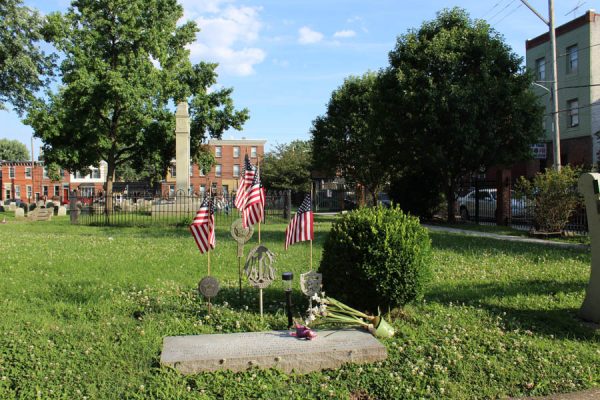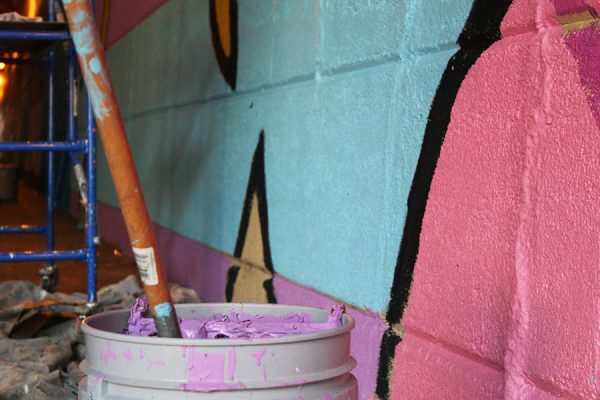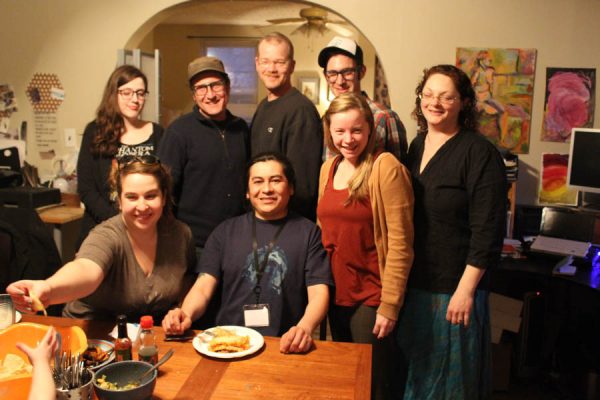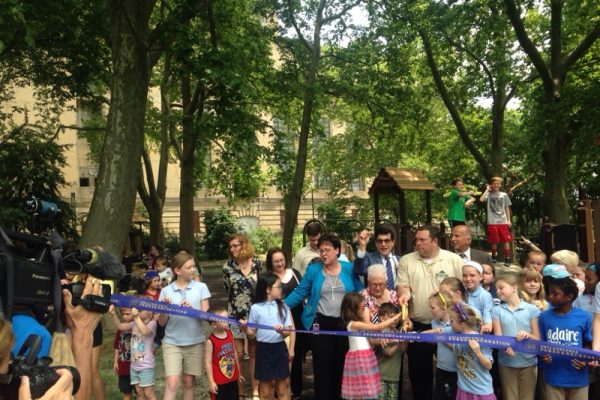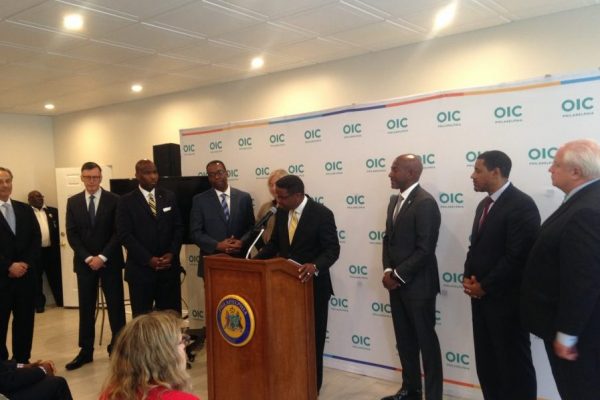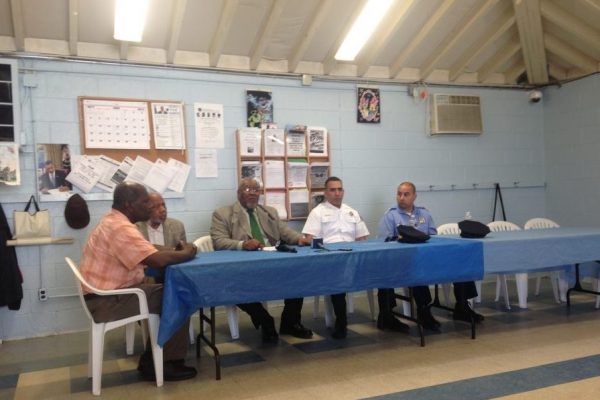Temple Head Football Coach Leaves For Baylor, Program Extends Stadium Agreement With Eagles
Temple University has within the last two weeks made two major decisions regarding the future of its football program.
First, athletics director Pat Kraft held a press conference yesterday afternoon announcing that football coach Matt Rhule will be the next head coach of Baylor University.
“What Matt achieved on North Broad Street was remarkable and went well beyond the victories and championships,” said Kraft. “I am confident that we will find a strong new leader to take us to even greater heights.”
The announcement comes after the Philadelphia Inquirer reported Thursday that Temple will continue playing home games at Lincoln Financial Field until at least 2018.
An amended agreement with the Philadelphia Eagles allows the Owls to use their stadium in 2018 and 2019 after the current lease is terminated in 2017.
The Eagles could not be reached for comment.
Although Temple is exercising the option year for 2018, Kraft said that a new head coach will not change plans for its proposed 35,000 seat football stadium.
City Council President Darrell Clarke has not announced legislation approving the university’s project. Clarke said Temple’s plans won’t be approved without input from community members.
Temple claims it mainly wants a football stadium because the Eagles want to raise their rent for use of Lincoln Financial Field from $1 million a year to $2 million. The NFL franchise also want $12 million upfront.
In a 2015 email, Mayor Jim Kenney wrote to the Philadelphia Business Journal that a football stadium for Temple would be “impactful to the continuing peace and harmony of the [local] community.”
However he mostly blamed the Eagles for the impasse.
“If the Eagles were living up to their commitment to Philadelphia and our public university, just as the Steelers live up to their commitment to Pittsburgh by renting their stadium for free to Pitt’s football team, there wouldn’t be a need for a stadium at Temple University,” said Kenney to the Business Journal.
But is a $100 million football stadium a pragmatic financial alternative for Temple’s board of trustees, who face a $22 million shortfall in its financial aid budget?
If they sign a new lease agreement, the board would owe the Eagles approximately $60 million over a 30-year period, excluding other service fees. Comparatively, they will spend that much plus another $40 million just to build its stadium.
Temple’s planning process for the stadium, which includes a feasibility design, environmental impact and parking study, will add another $1,250,000 to the bill.
The university contends that revenues from the stadium will offset those and other operating costs, as well as provide jobs for nearby residents.
Yet it remains unclear whether decades of development initiatives spearheaded by Temple have improved employment conditions for the local community.
IRS data shows 8 percent or more of 2014 income tax returns from North Central, Sharswood, Brewerytown, Strawberry Mansion, and other neighborhoods adjacent to Temple’s main campus listed unemployment compensation. According to US Census data, 26 percent or more of those communities were living in poverty that year.
Stadium Stompers, an activist coalition of community members and Temple students, believe their campaign against the stadium’s development impacted the university’s decision to remain at Lincoln Financial Field for an extra year.
“We’re definitely looking at it as a victory,” said Becky Cave, Stadium Stomper and sophomore at Temple. “But that doesn’t mean that they aren’t moving forward with the stadium.”
The coalition still meets twice a month at the Church of the Advocate on 18th and Diamond Streets. Attendees write letters to city officials, urging them to oppose the stadium.
Cave said the group is planning future actions and wants to formally meet with city politicians, Temple administrators and board members.
“Things may have quieted down but our foot is still on the gas,” explained Cave. “People’s livelihood and academics are more important than football.”

